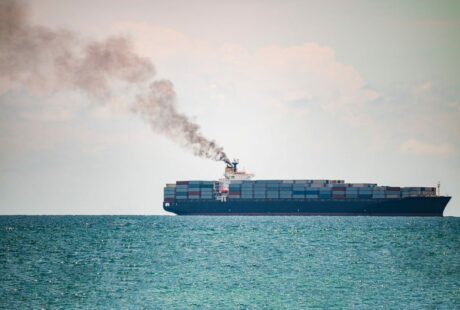The IMO has this week moved on climate change. But in the week that delivered us the world’s hottest day ever, for sure it hasn’t moved fast enough. This agreement could and should have been reached twenty years ago. We knew then the dangers of global heating and then as now we had the means to meet the levels of ambition. But back then these levels of ambition could have set shipping off on a safe 1.5°C pathway. That is not the case today.
Every year a big slice of the 1.5°C carbon budget is consumed and the shipping industry’s room for manoeuvre shrinks. Right now, the industry is gobbling up around 10% of its 1.5°C carbon budget annually, and time is running out and running out fast. By some calculations if emissions fall in line with this agreement the 1.5°C budget will be spent by 2032.
Of course, it is always better late than never, but what has been agreed upon does not go far enough and is definitely not a 1.5°C pathway, but it is more ambitious than what it looked like it might be on Thursday morning and we are grateful to those that took a stand at the last minute to improve the agreement’s indicative checkpoints.
We understand the limitations of multilateral processes but that does not absolve the IMO of its responsibility to ensure that international shipping urgently stops contributing to the climate crisis. Some progress has been made this week but much more remains to be done and we hope that what we have seen here this week is the beginning of a process that will see the IMO quickly align its work with a good chance of keeping global heating below 1.5°C.
In the meantime we would encourage progressive states to implement complementary local, national or regional regulations in the pursuit of emission reductions from this sector. Every tonne of CO2 counts and we have no time to lose.
Finally let’s stop all this ridiculous talk about shipping being a hard to abate sector. There is all the wind in the world. A limitless, free and entirely non-polluting resource that the shipping industry are uniquely placed to exploit.
Posted on: 7 July 2023



